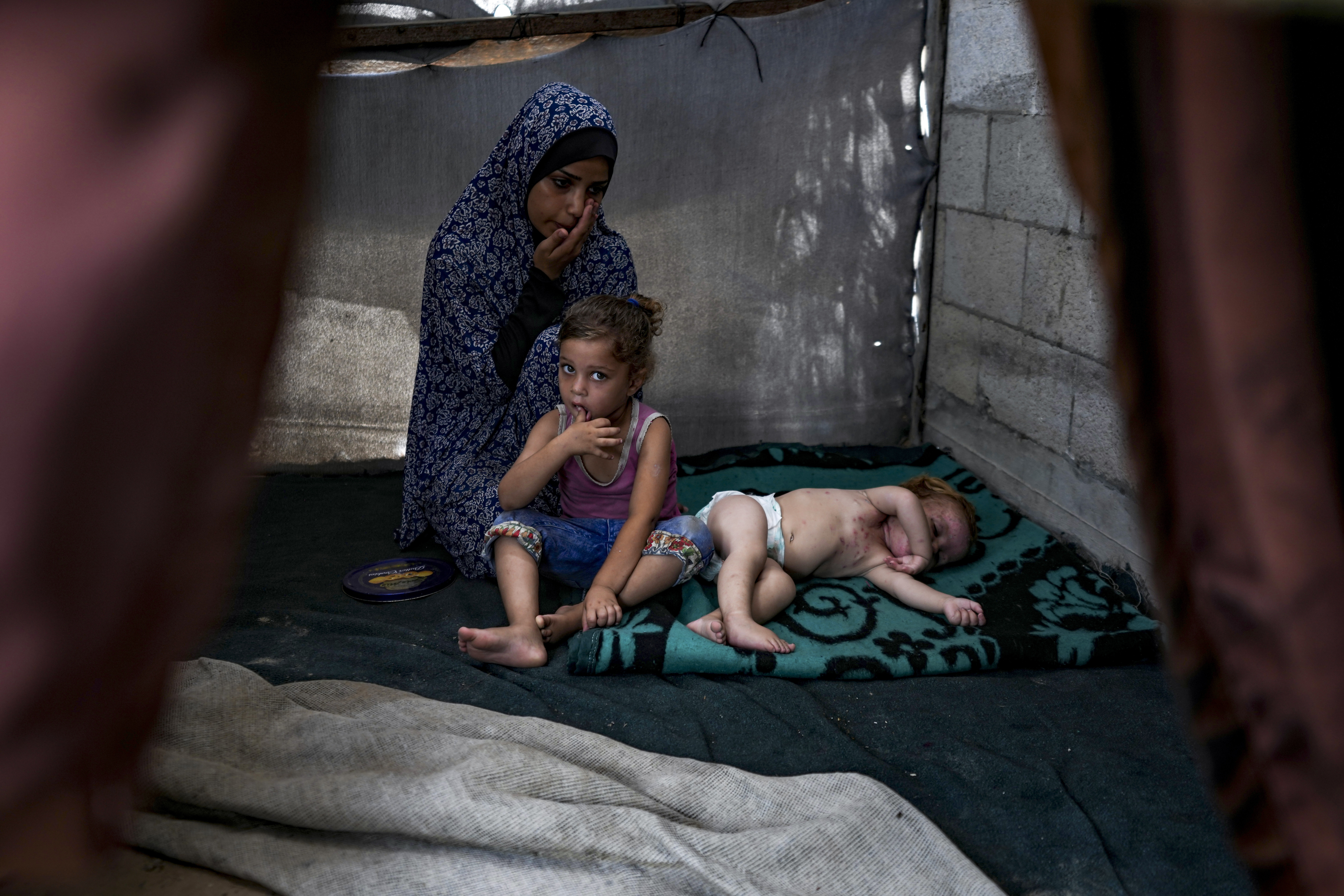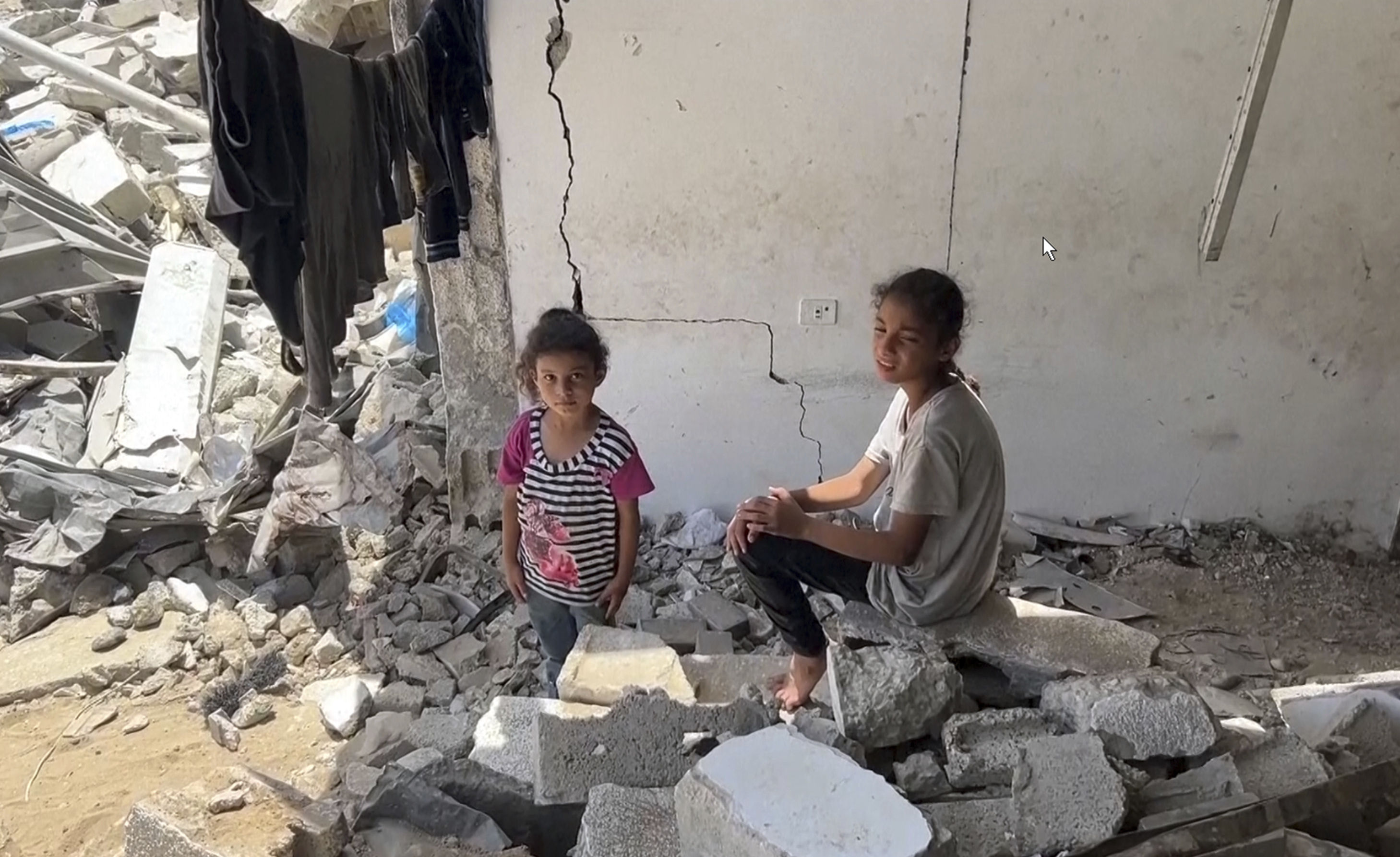
UNITED NATIONS - A seemingly endless cycle of violence-induced displacement is making it increasingly difficult for Gazans to access the assistance they need, UN humanitarians said on Wednesday.
The UN Office for the Coordination of Humanitarian Affairs (OCHA) said that relentless hostilities and recurring evacuation orders force displacement.
"When malnourished children in Gaza have to flee suddenly, it is extremely challenging for humanitarian partners to monitor and follow up with the necessary services and for displaced families to carry the malnutrition prevention and treatment supplies they need," OCHA said.
ALSO READ: UN report: Israel used dogs, waterboarding on Palestinian detainees
The office said repeated displacements, insecurity, access constraints and other challenges hamper the early detection of children and women needing nutrition services and constrain humanitarian partners' ability to scale up their operational presence and store life-saving supplies.
The humanitarians said some partners working on the shelter response in Gaza continue to monitor the movement and needs of newly displaced people in Deir al Balah and Khan Younis and provide support. Since July 22, they have provided hundreds of tents to families displaced in southern, central and northern Gaza.

"Between July 22 and Sunday, 48 of our partners working on the health response in Gaza reached more than 250,000 people across the (Gaza) Strip," OCHA said. "There are also more than a dozen emergency medical teams supporting local health-care workers, including three in northern Gaza."
READ MORE: UN experts point to Israeli use of ‘starvation’ in ‘genocidal violence’
The office said hostilities and the constant bombardment of Gaza caused numerous mass casualty incidents in recent weeks that have stretched humanitarian organizations' ability to respond to trauma and emergency cases. Poor water, sanitation and hygiene conditions, and overcrowding are also driving disease outbreaks.
The World Health Organization (WHO) reported it is working with the UN Children's Fund and the Gaza Ministry of Health on a range of measures, including polio vaccination campaigns, following the detection of a variant of poliovirus type 2 in environmental samples.
Hanan Balkhy, WHO's regional director for the Eastern Mediterranean, said that although no clinical cases were detected, the risk to children is high.
ALSO READ: Bodies trapped in Gaza under Israeli assault as mediators push for truce
"We must move rapidly to prevent and contain the spread of the virus," she said, adding that a ceasefire, even temporarily, is critical to successfully undertake vaccination campaigns. Balkhy warned that otherwise, the virus could spread further, including across borders.
"The killing and displacement of Palestinians and the demolition of their homes and the destruction of the public infrastructure they rely on continue unabated," OCHA said. "The United Nations and humanitarian partners in Gaza remain committed to delivering critical assistance to people across the Strip wherever and whenever possible."


